Cat surgery is an essential aspect of maintaining your feline’s overall health. At our veterinary clinic, we offer a wide range of surgical procedures, from routine spaying and neutering to more complex orthopedic and soft tissue surgeries. Our skilled veterinary professionals are experienced in addressing various medical conditions and ensuring that your cat receives the best care possible. Surgical interventions can help prevent future health problems and ensure a better quality of life for your cat.
Our clinic emphasizes the importance of spaying and neutering, as these procedures not only help control the cat population but also provide significant health benefits. Spaying reduces the risk of mammary cancer and prevents pyometra in females, while neutering eliminates testicular problems and minimizes prostate issues in males. Moreover, these surgeries can help curb undesirable behaviors such as spraying, roaming, and aggression.
Your Pet’s Health and Happiness Begin Here
Service FAQ
Which types of surgeries are commonly performed on cats?
Common surgeries include spaying, neutering, mass removal, dental procedures, wound repair, foreign body removal, and bladder surgery. The specific type of surgery required depends on the individual cat’s medical condition and needs.
Is anesthesia safe for my cat during surgery?
Yes, anesthesia is safe for cats. Our clinic uses customized anesthesia protocols based on each cat’s health status, age, breed, and the specific procedure. Your cat’s vital signs will be closely monitored throughout the surgical process to ensure safety and comfort.
What is the recovery process like for my cat after surgery?
Post-surgery, your cat will receive pain management and close monitoring to ensure a comfortable recovery. Your veterinarian will provide detailed aftercare instructions, including medication, dietary adjustments, and activity restrictions, to aid in your cat’s healing.
How do I know if my cat needs surgery?
If your cat shows signs of illness, pain, or discomfort, it’s essential to consult with a veterinarian. They will conduct a thorough examination and, if necessary, recommend surgical intervention based on their findings and your cat’s specific needs.
How can I prepare my cat for surgery?
Your veterinarian will provide specific instructions on how to prepare your cat for surgery, which may include fasting guidelines, medication adjustments, and any necessary pre-surgical tests.
When should I schedule a follow-up appointment after my cat's surgery?
Your veterinarian will recommend a follow-up appointment based on your cat’s specific surgery and recovery progress. It is important to attend these appointments to ensure your cat is healing well and to address any concerns or complications that may arise.
